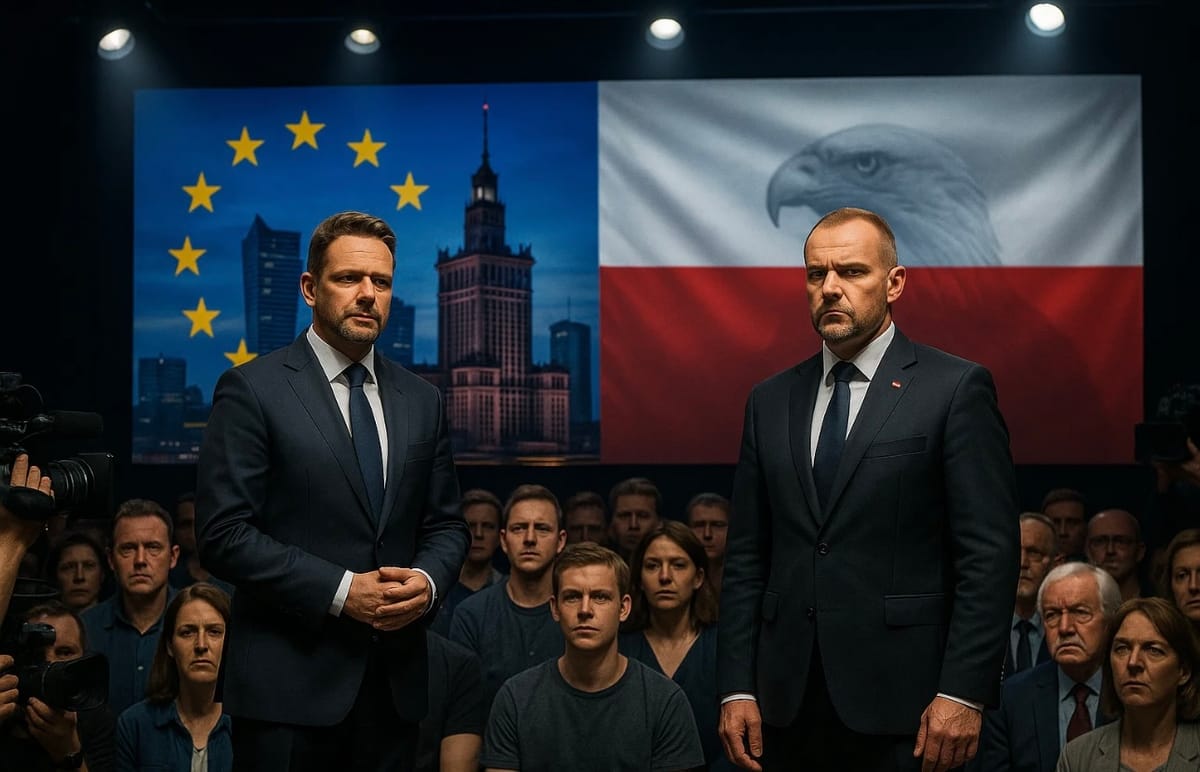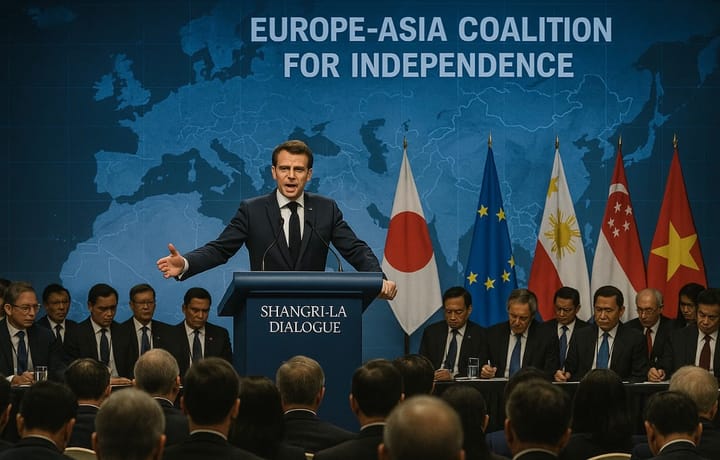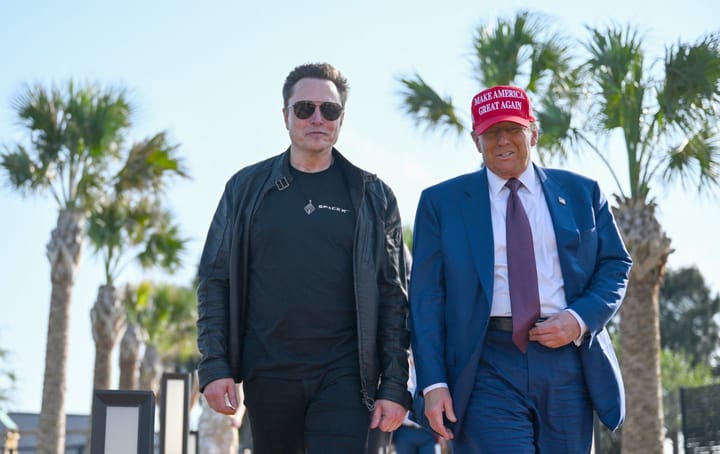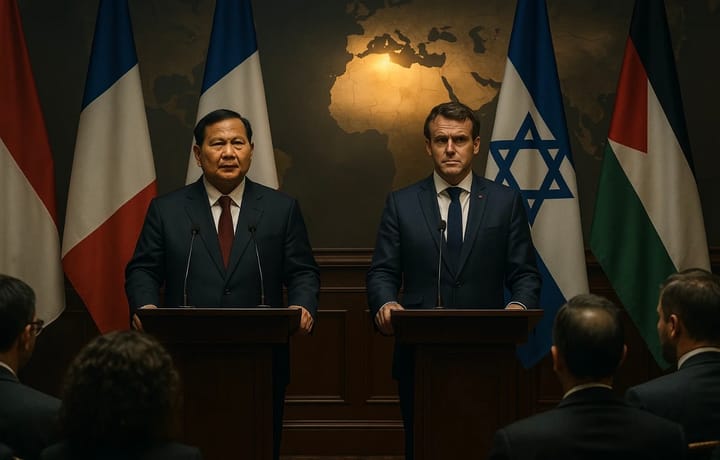Poland’s 2025 Election: Donald Trump’s Support Sparks Political Controversy and Decides the Nation’s Future
Donald Trump’s support in Poland’s 2025 election sparks controversy, opening a new chapter in the pro-EU versus nationalist battle.

The 2025 Polish presidential election is drawing global attention as Donald Trump’s direct intervention is seen influencing the race between the two main candidates. With tensions running high, this election is not only about Poland’s future but also its place in the world. How is this political battle sending shockwaves through the heart of Europe?
The Power Struggle Between Two Camps
The Polish presidential runoff will take place on June 1, with two candidates in a tight race: Rafał Trzaskowski, the liberal, pro-EU mayor of Warsaw supported by Prime Minister Donald Tusk’s coalition, and Karol Nawrocki, a nationalist conservative historian, backed by the opposition Law and Justice (PiS) party and openly endorsed by Donald Trump.
Trump’s decision to get involved in Polish politics is no accident. Through direct meetings with Nawrocki in Washington and open support at CPAC Poland, Trump has stated that a Nawrocki victory means strengthened US-Polish military ties. Trump’s stance was echoed by US Secretary of Homeland Security Kristi Noem, who asserted America’s position in Poland’s election as support for conservative values.
Controversy and Foreign Influence Concerns
Donald Trump’s support, along with backing from other conservative leaders like Viktor Orbán, has sparked fears of foreign intervention in Poland’s democratic process. Nawrocki is also embroiled in property scandals and alleged violence, but his conservative voter base remains loyal. Meanwhile, Trzaskowski is campaigning on change, human rights, and deeper integration with the European Union.
Each side represents a starkly different future: openness and democracy in the European tradition versus nationalism rooted in sovereignty, tradition, and closer alignment with Trump’s America.
First Round Results and Tight Polls
In the first round, Trzaskowski won 31.36% of the vote, while Nawrocki garnered 29.54%. Sławomir Mentzen, the libertarian candidate, received 14.81%. Ahead of the runoff, polls show an extremely close race, with a slim margin between the two main candidates and many voters still undecided. (See Reuters).
Regional and Global Implications
The outcome of Poland’s 2025 election is expected to have major repercussions. If Trzaskowski wins, Poland-EU relations will likely strengthen, democratic reforms could accelerate, and Poland may become more inclusive. However, a Nawrocki victory opens the door to a nationalist agenda, reinforcing the president’s veto over parliament and possibly stalling EU-driven reforms.
For the United States, Nawrocki’s win could further US-Poland military ties and push conservative values deeper into Central Europe. Conversely, the European Union remains wary of Poland reversing course, echoing past legal and democratic clashes.
Trump’s Endorsement: A Symbol of Global Polarization
Donald Trump’s endorsement in Poland’s 2025 election amplifies global polarization between liberal-progressive and nationalist-conservative blocs. The impact isn’t limited to Poland’s domestic stability, but also casts a shadow over Eastern Europe, NATO dynamics, and Poland’s stance in regional geopolitical crises.
Amid uncertainty, the Polish election stands as a mirror to the challenges facing democracy today. All eyes are on whether voters will lead Poland toward openness or reinforce a new wave of nationalism.





Comments ()